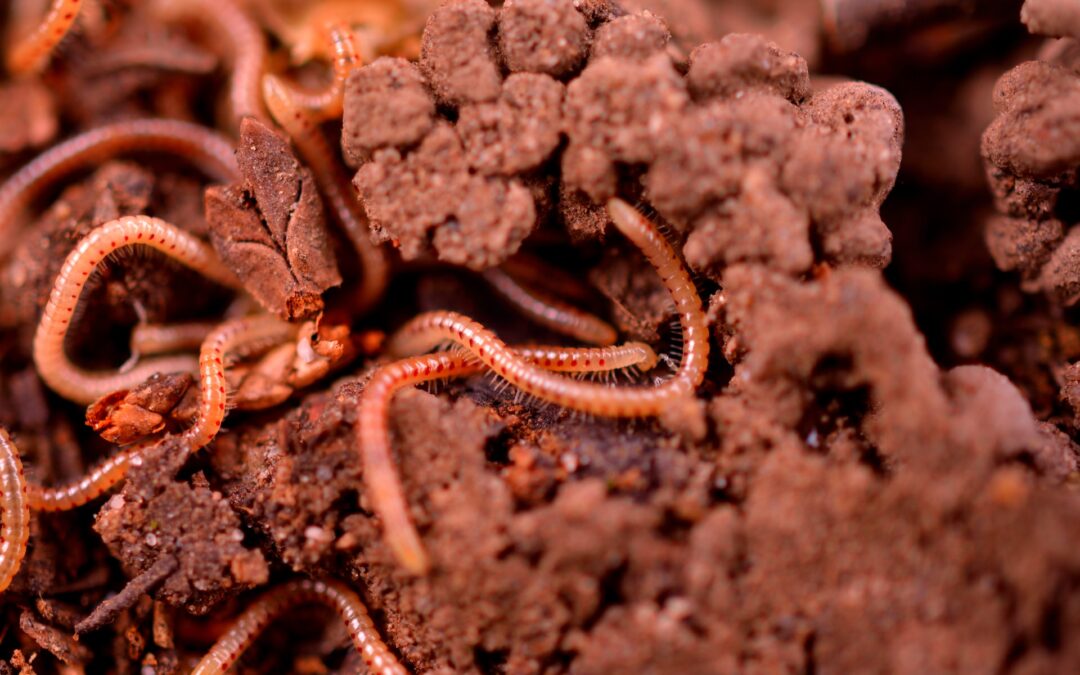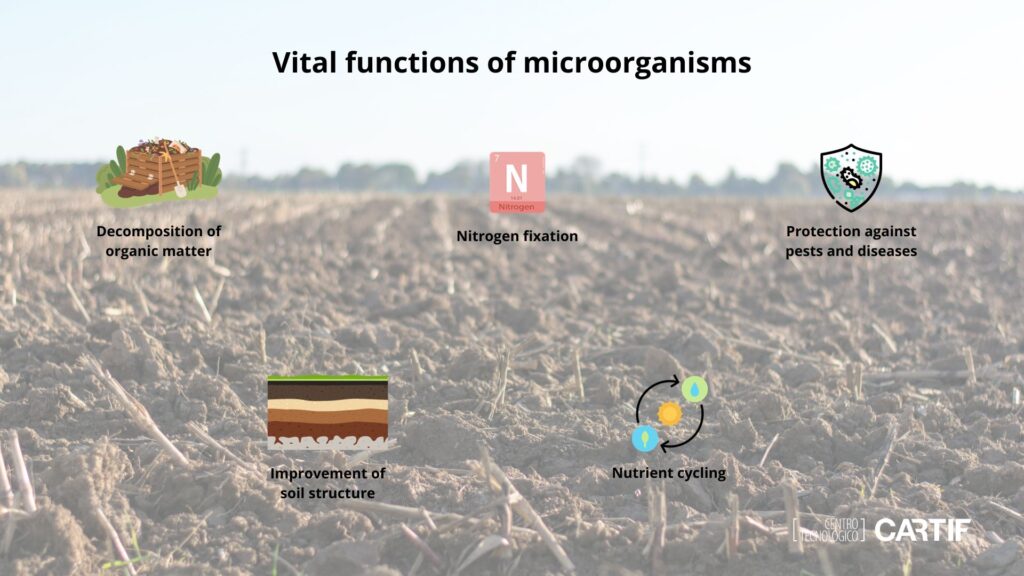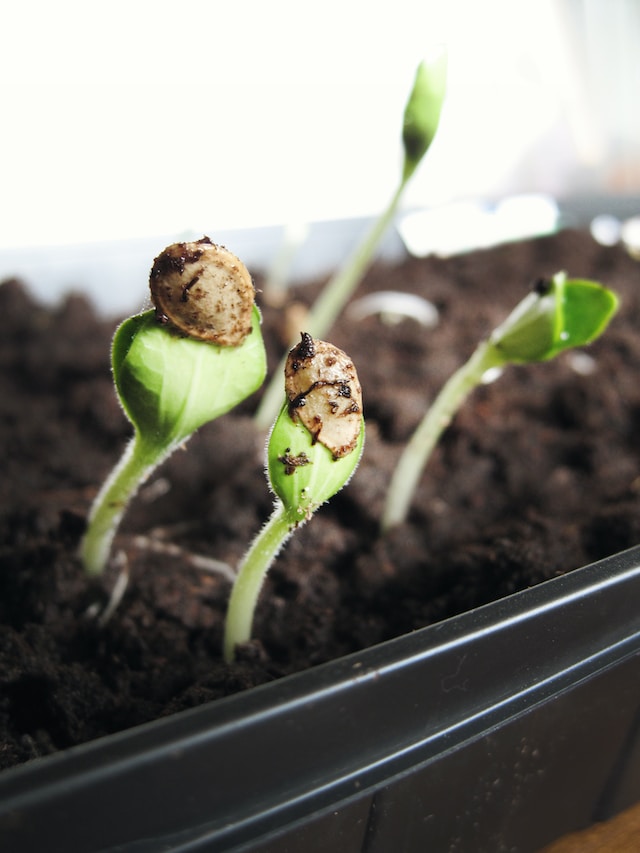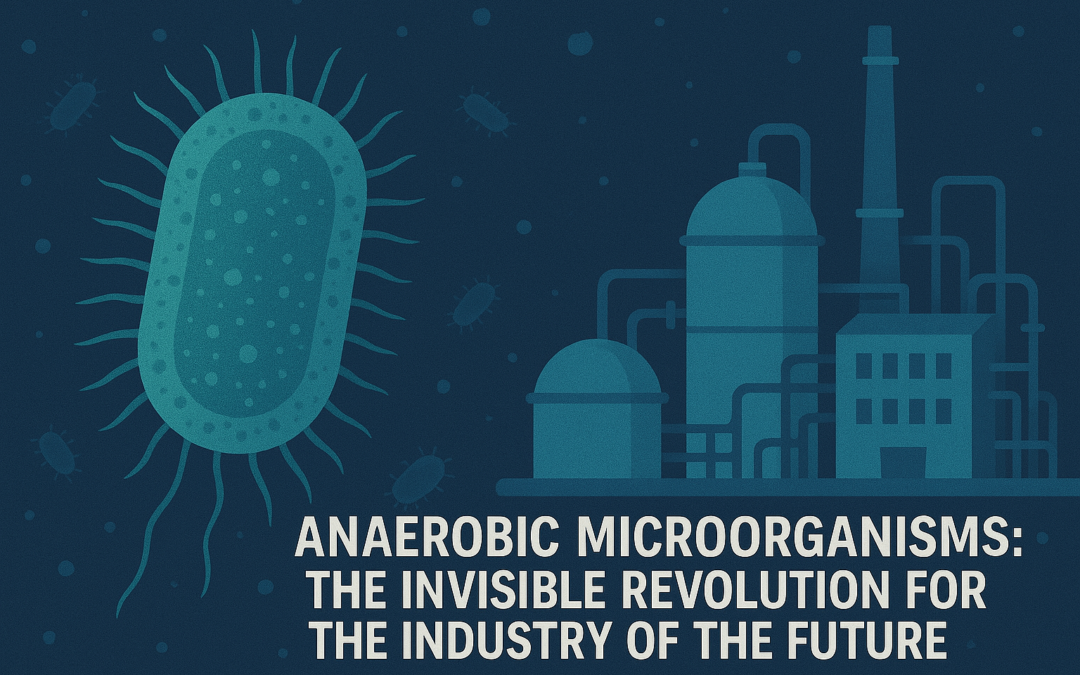
Anaerobic microorganisms: the invisible revolution for the industry of the future
In a world seeking to reduce its carbon footprint and move towards a circular economy, anaerobic microorganisms are emerging as key players in the fight against climate change. These organisms, which thrive in environments without oxygen, have been used for decades in processes such as anaerobic digestion for waste treatment and biogas production. However, their potential goes far beyond this. Thanks to advances in biotechnology, anaerobic microorganisms are emerging as key tools for industrial decarbonisation through innovative processes such as gas fermentation, where they can transform CO2 or CO into high value-added products.
Heavy industries, such as steel, concrete and petrochemicals, generate large amounts of CO2 and CO as a by-product of their processes. Traditionally, these gases have been released into the atmosphere, contributing to global warming. However, synthetic biology and biotechnology have opened up a new avenue to harness these emissions and convert them into valuable products through the action of specialised anaerobic micro-organisms.
Anaerobic bacteria, such as Clostridium, Moorella and Acetobacterium, can use CO2 and CO as a carbon source and transform them into organic compounds via specialised metabolic pathways. This process, known as gas fermentation, facilitates the conversion of industrial emissions into renewable chemicals, fuels and biomaterials, promoting a more sustainable economy. For example, Acetobacterium woodii and Moorella thermoacetica are acetogenic bacteria capable of converting CO2 in acetic acid, a key input for the chemical and food industry, while species as Clostridium Ijundahlii can produce acetate and ethanol, making them a viable alternative for the generation of biofuels and other products of industrial interest.
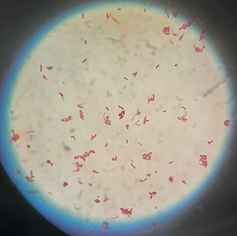
In addition to ethanol or acetic acid, anaerobic bacteria are capable of generating other compounds of interest such as butanol, acetone and other organic acids like formic, propionic or butyric acid. These products are key in the manufacture of plastics, solvents and other chemical compounds with high industrial demand.
Biopolymers and bioplastics represent another promising avenue. Cupriavidus necator can transform CO2 into bioplastic precursors such as polyhydroxyalkanoate (PHA) and polyhydroxybutyrate (PHB), biodegradable materials that provide a sustainable alternative to conventional petroleum-based plastics.
Finally, single-cell proteins obtained from CO2 can be produced by various species of hydrogenotrophs, which convert gases such as CO2 and hydrogen into protein-rich biomass. These microbial proteins can be used as an alternative source for animal and even human food, contributing to global food security and reducing pressure on traditional agricultural resources.
“These microbial proteins can be used as an alternative source for animal and even human food”
The use of anaerobic microorganisms for the conversion of CO2 into valuable products offers multiple advantages. In first place, it reduces industrial emissions, mitigating the environmental impact of highly polluting sectors. In addition, it allows a sustainable production of chemical compounds and fuels without relying on fossil resources or agricultural crops.
Industrial gas fermentation processes already exist today and are proving their viability. For example, the company LanzaTech has developed technologies based on acetogenic bacteria to transform CO2 and CO into ethanol and other chemicals, using waste gases from the steel industry. This technology has been implemented in countries such as China and Belgium, where operational industrial plants have successfully converted emissions into biofuels and renewable materials. Another case is Carbon Recycling International (CRI), which uses microorganisms in Iceland to convert CO2 into methanol, a key compound in the chemical and transport industry.
However, despite its enormous potential, the implementation of gas fermentation on an industrial scale faces technical and economic challenges. These include optimising bioprocesses to improve CO2 conversion efficiency, reducing operating costs and developing bioreactors suitable for large-scale production. In addition, it is necessary to advance in the design of genetically modified microorganisms that can maximise the conversion of CO2 into specific products of industrial interest.
The Biotechnology and Sustainable Chemistry area of CARTIF has developed during the last years an intense research activity around gas fermentation technology and the management of anaerobic microorganisms. Specifically, the execution of R&D projects such as BioSFerA or CO2SMOS has allowed us to position ourselves in the European panorama as an entity capable of working successfully with this peculiar class of microorganisms and to specifically optimise their growth conditions in pressurised bioreactor, in order to increase production yields of various compounds such as acetic acid, ethanol or 2,3-butanediol.
As research and development continues to advance, these microorganisms will play an even m
ore fundamental role in the transition towards a more sustainable industry and a society with less environmental impact.


